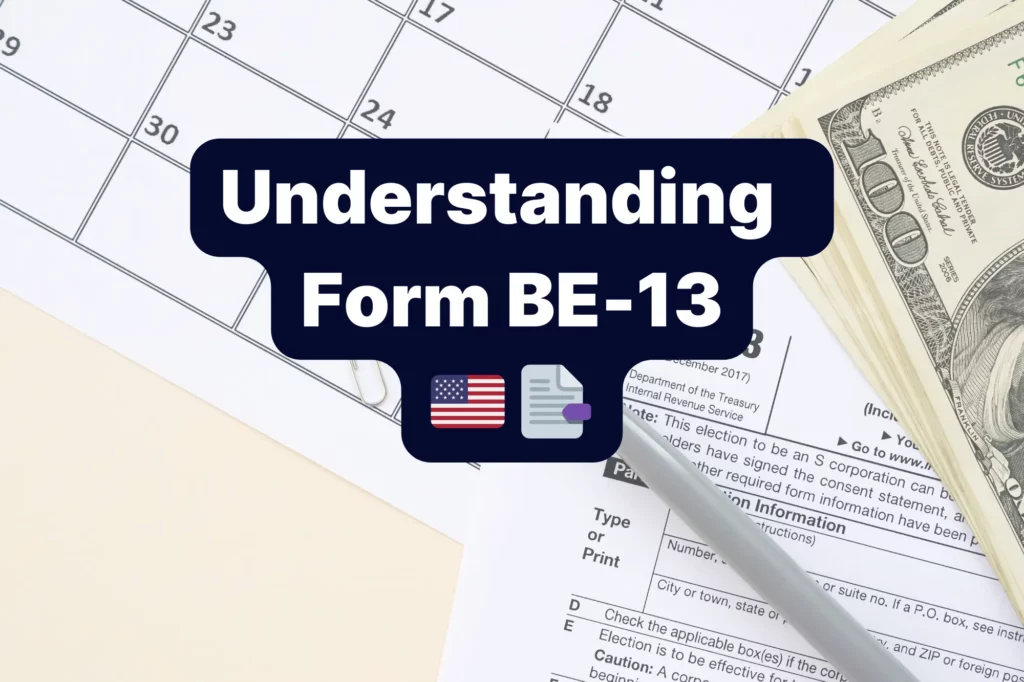Understanding the C-Corporation Structure
A C corporation (or C-corp) is a legal structure for a corporation in which the owners, or shareholders, are taxed separately from the entity. This type of structure offers several benefits and considerations that can significantly impact how your business operates and grows. If you’re considering forming a C-Corp, understanding its unique features and advantages is essential for making an informed decision.
Key Considerations for Forming a C-Corp
Business Goals and Growth Strategy
If you plan to scale up your business, attract investors, and possibly perform an exit or an IPO, forming a C-Corp might be the better choice for your business. C-Corps offer benefits such as stock options to key employees, which can serve as a powerful incentive to retain crucial talent within your company. This is particularly important for attracting and maintaining top-level talent, which can be pivotal for companies aiming for rapid growth Learn more about growth strategies.
Investor Attraction
The structured management of a C-Corp, with its officers and board of directors, is often favored by angel investors and venture capitalists. This level of organization provides a solid and reliable management structure, offering a level of assurance to prospective investors. Additionally, the ability to issue preferred stock to provide incentives for investors can be a significant advantage in securing investments.
Taxation: A Double-Edged Sword
Understanding Double Taxation
C-Corps are subject to double taxation. This means that the corporation’s profits are taxed at a corporate level (currently a flat rate of 21%), and again at the shareholder’s level when dividends are distributed. However, depending on your earning structure, this can actually be advantageous. Comparatively, LLCs experience a single level of taxation, where the company’s earnings are taxed at the member’s individual income rates, which can be as high as 37%. Understanding the intricacies of these taxation differences is crucial for evaluating the financial implications for your business.
Strategic Tax Advantages
Despite the complexity, C-Corp’s taxation structure can offer strategic advantages. For businesses with international ambitions or those looking to reinvest profits into growth, the corporate tax rate can be advantageous. Proper financial strategy and planning can mitigate some of the impact of double taxation.
Formalities and Legal Requirements
Enhanced Credibility and Structure
C-Corps require more formal structures, including annual meetings, detailed record-keeping, and reporting. While this may appear daunting, the formalities afford C-Corps a level of credibility and operational discipline that can be attractive in the eyes of investors and partners. Moreover, these structures are beneficial for larger companies with complex operational demands.
Professional Support from Clemta
Navigating the legal, organizational, and tax processes for forming a C-Corp can be intricate. That’s why it’s crucial to have professional support. Clemta offers comprehensive consultancy services to help guide you through the incorporation and post-incorporation procedures, ensuring that you’re well-prepared for every aspect of starting and growing your corporation.
Conclusion
Overall, forming a C-Corp might be the right choice if you’re looking to raise significant capital and scale your business in a traditional, structured way. While the decision ultimately depends on your business’s unique objectives and circumstances, understanding the benefits of a C-Corp can help you make an informed choice about your company’s future. Discover more about how Clemta can assist you in this journey, offering seamless integration and management of all necessary services with just one click.







